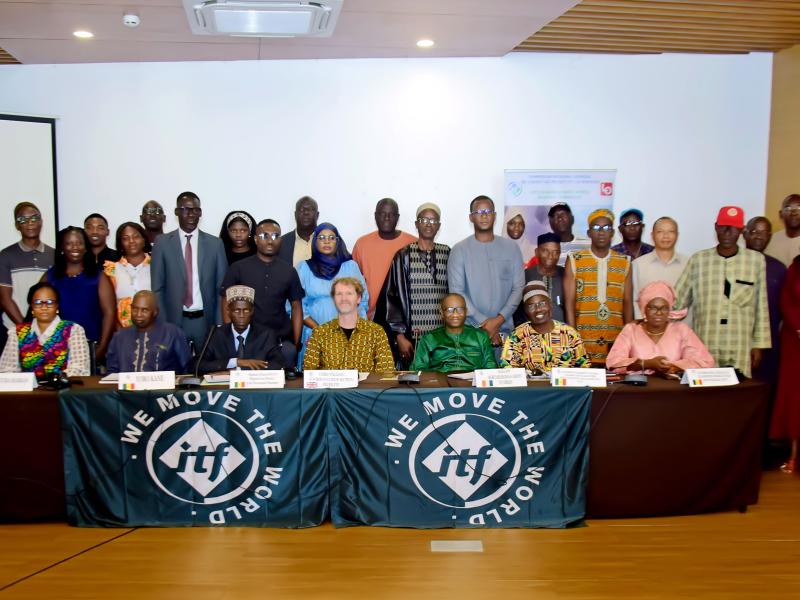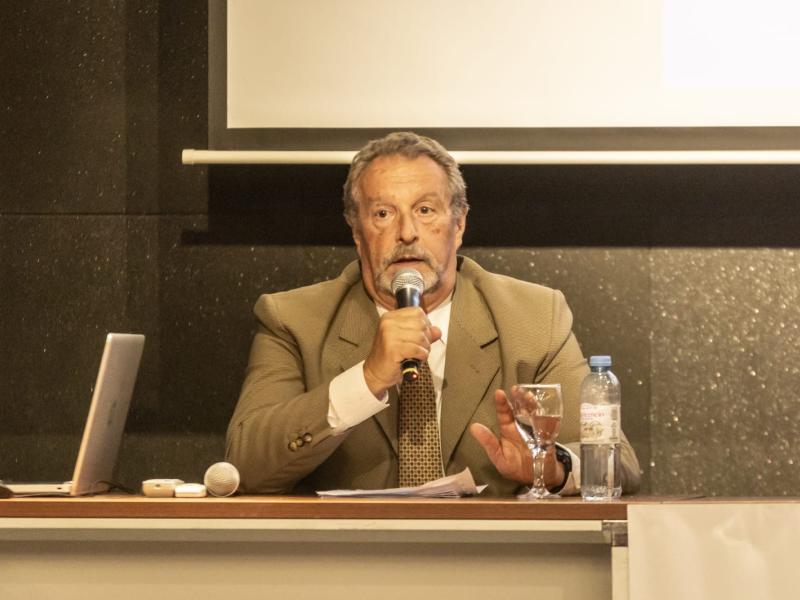The International Transport Workers’ Federation (ITF) today publishes a major new report on ‘Just Cities’ and women public transport workers in Latin America.
The report, Just cities and women public transport workers in Latin America, explores the current situation for women public transport workers across the region, as well as new mobility initiatives that will present new challenges for women public transport workers.
The report finds that despite advancements in recent years, women transport workers still face high levels of violence and harassment, are discriminated against due to stereotypical gender roles and lack basic facilities and support networks. All of these create major barriers to the world of work for women in transport and urgently need to change.
As cities across the region grow rapidly, many local authorities are creating ‘sustainable city visions’. These include the expansion of transport networks, the deployment of clean energy technologies, strengthening public transport through integrated networks, the shift to active mobility such as walking and cycling, and the promotion of 15-minute or 30-minute cities.
Many cities are also introducing ‘smart city’ technologies – including the automation of user services and ticketing systems – with the aim of improving services, sustainability and safety.
This creates a powerful opportunity for transport unions to shape the future of cities and ensure that public transport is organised to meet social and economic priorities, but there can be no sustainable development that doesn’t have workers and women at its heart.
The report lays out ten key points, developed in conjunction with the visions of women trade union representatives in major cities in Mexico and Colombia to define a just city for women public transport workers.
It states that just and feminist cities must:
- Provide a better quality of lifeCitizens have equal access to public spaces and public services for care, health, education and employment opportunities, and the freedom and ability to move freely in the city.
- Be smartSmart technologies are used to make women’s lives and work easier by creating decent and secure job opportunities for women and planning processes take a bottom-up, user-centred approach, involving trade unions as stakeholders in consultations.
- Be resilientThere are positive adjustments towards sustainability and transport policies that support operators and workers in rapid change and adaptability.
- Be sustainableClimate policies that improve and expand public transport are promoted, including public transport powered by clean energy and technology.
- Be inclusivePolicy-making and financing starts from the embodied experiences of different population groups and an intersectional approach is applied that is responsive to the diversity of needs and inequalities emerging from gender, age, race, ethnicity or ability.
- Be creativeAlternative urban futures and spaces are imagined and created with the active involvement and participation of transport workers, unions and marginalised groups in the transformation of our cities.
- Be safeAll citizens can live and work in the city, and public transport is a space free of violence, harassment or abuse.|
- Be equalDignified, equal and inclusive opportunities are provided for women workers. Women’s voices are heard and women’s rights are respected in social dialogue, negotiation and consultation, and women are involved in shaping public transport policy.
- Be caringNetworks of care and support are provided in the workplace and beyond.
- Encourage activism as a fundamental part of societal change
The report also suggests a number of measures to promote socially just and feminist change.
The report is available in English and Spanish. The executive summary is available here and the full report here.



